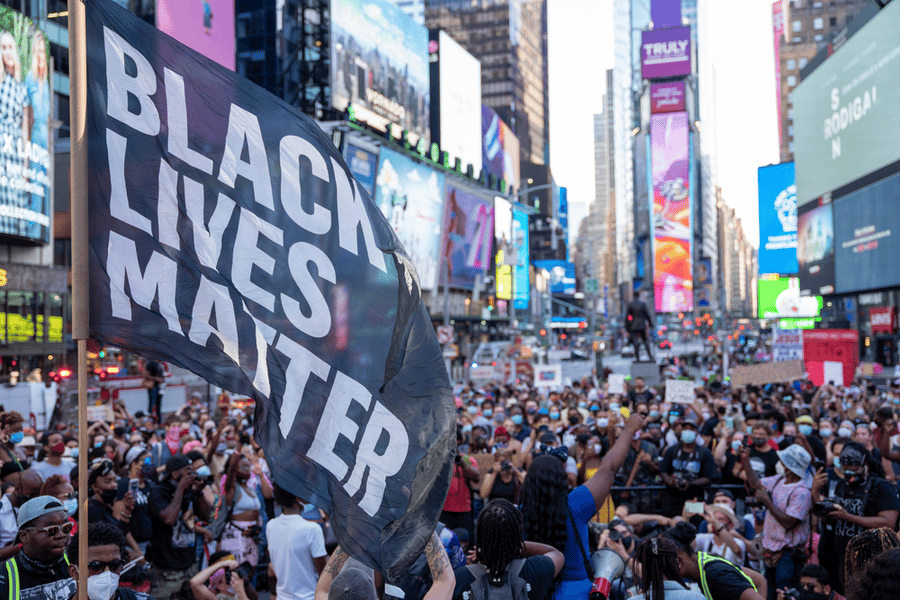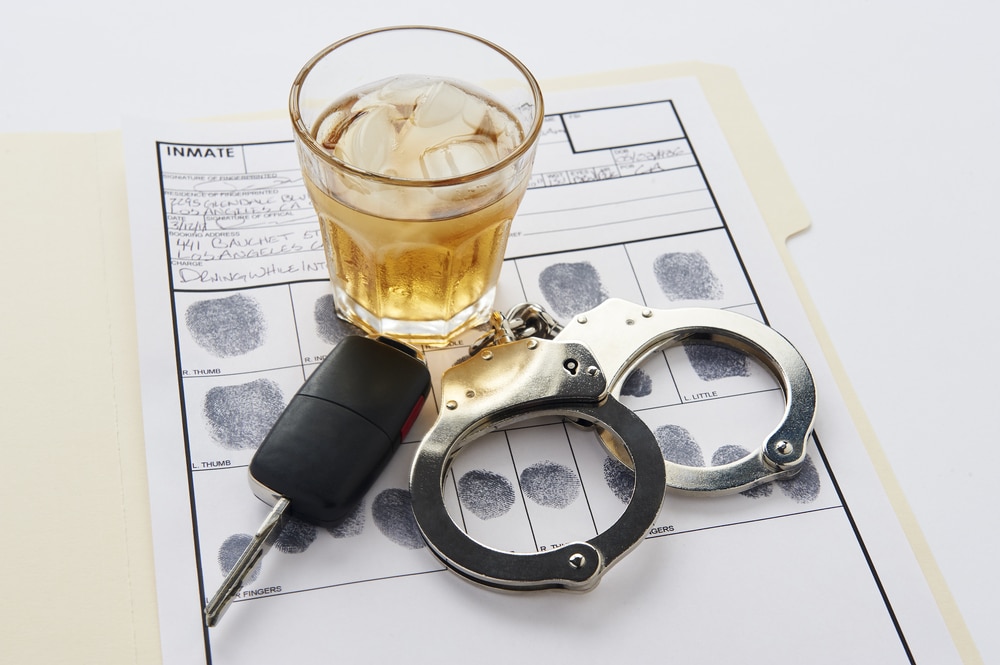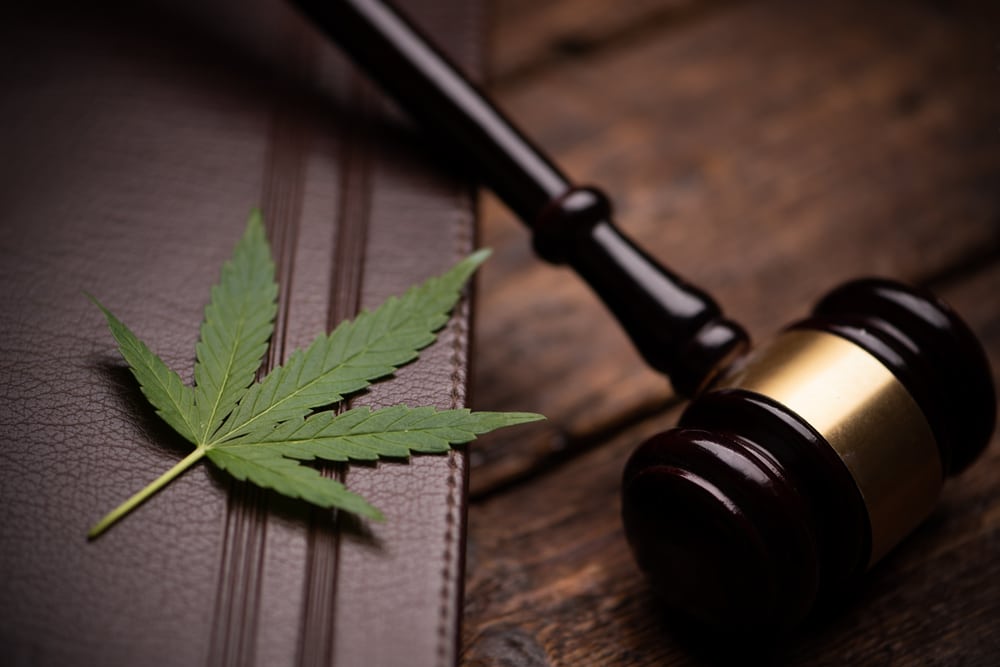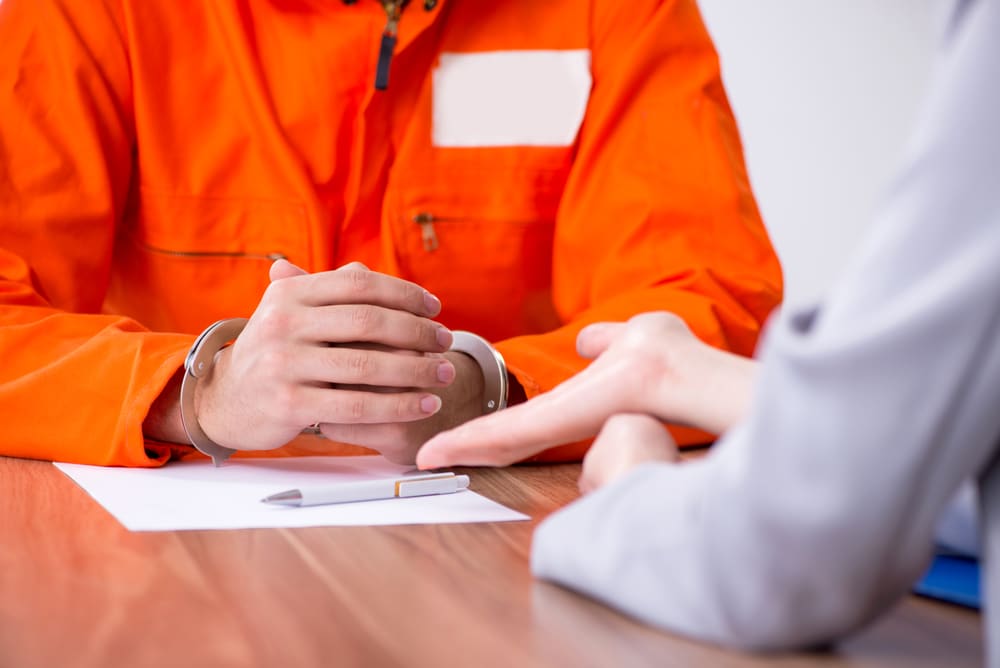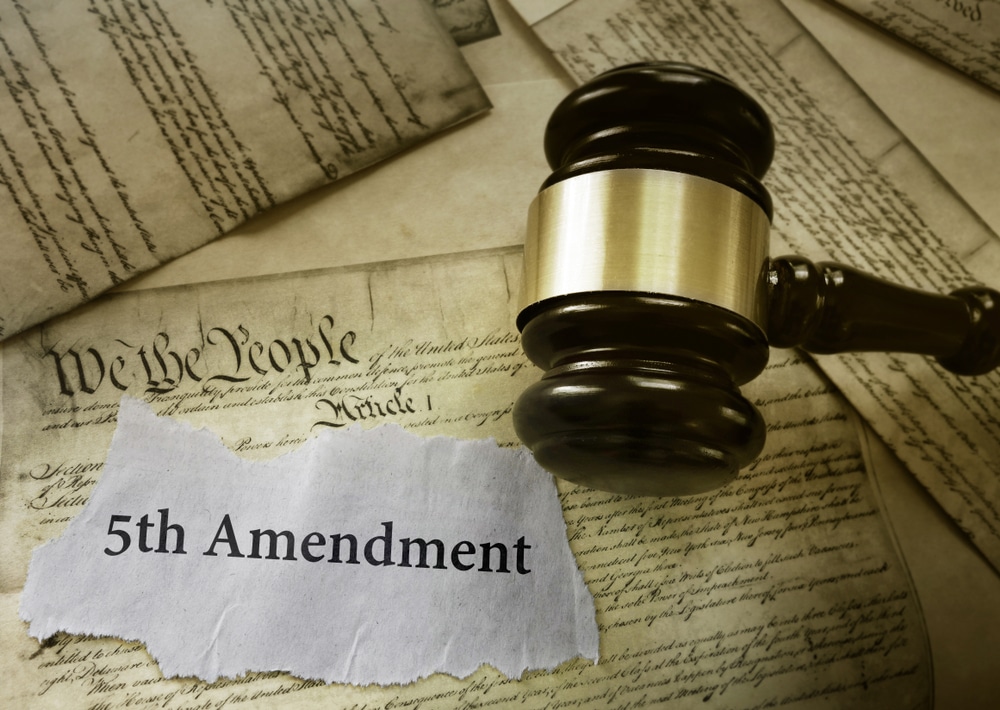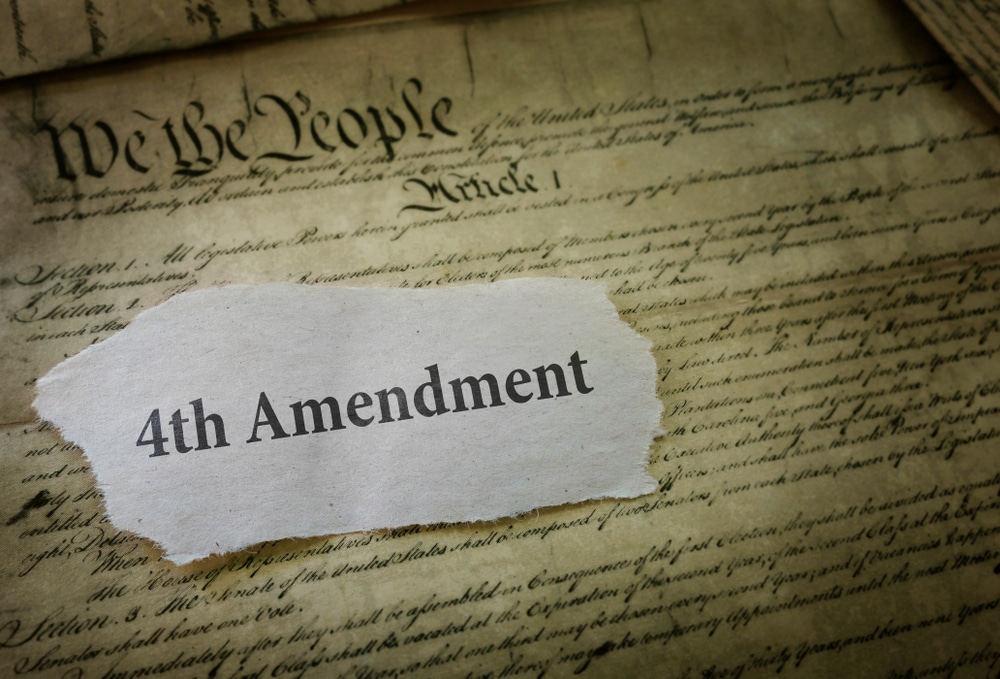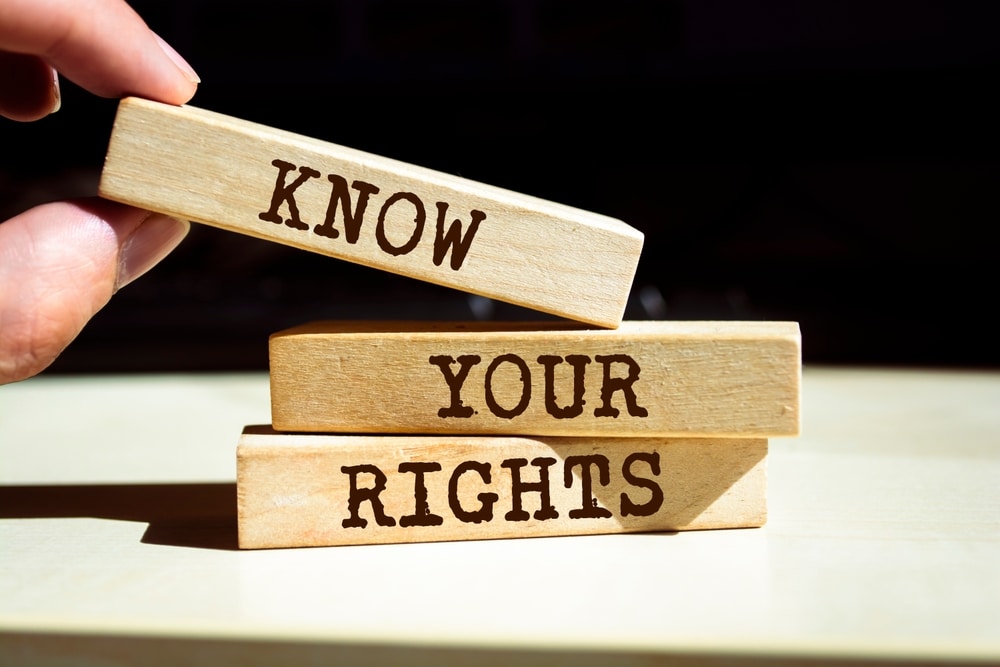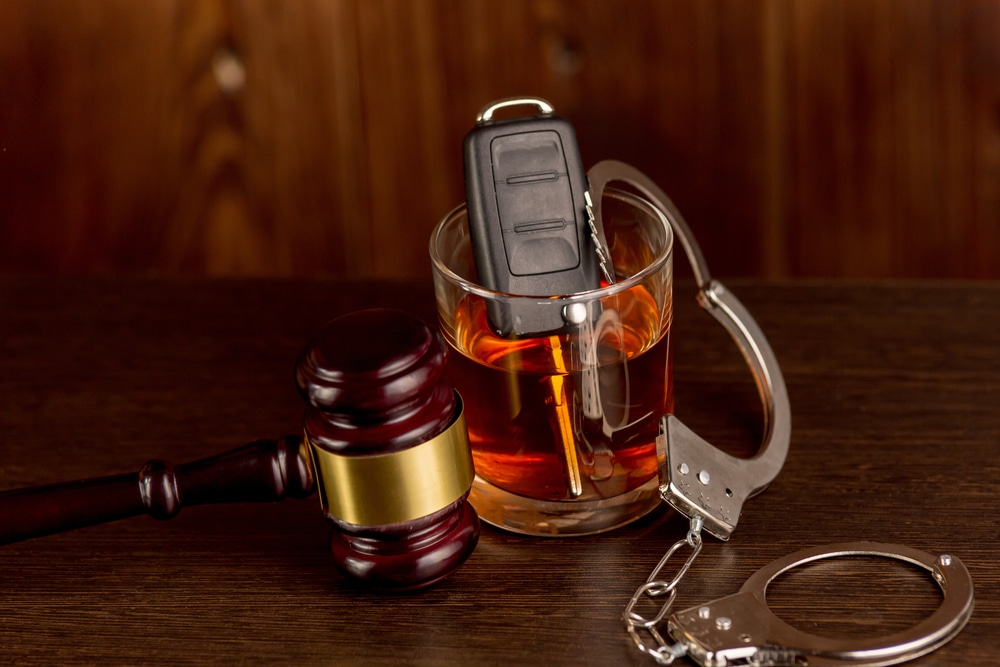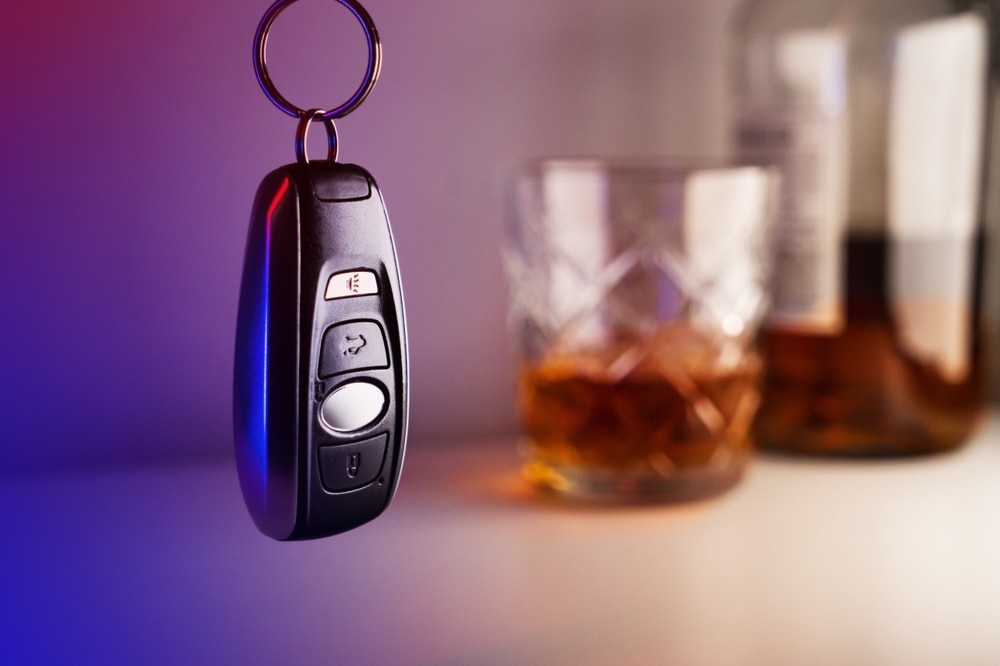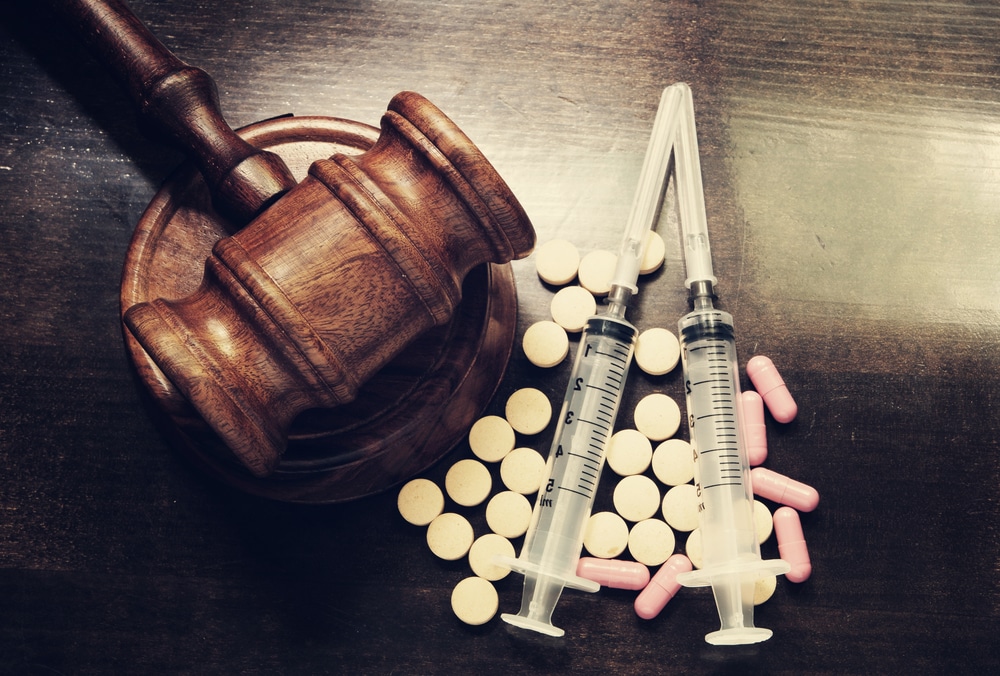Ordinary people with extraordinary vision can redeem the soul of America by getting in what I call good trouble, necessary trouble. — Georgia Congressman John Lewis (1940-2020)
D’Emilia Law has received criminal defense questions from friends and clients about the arrests during the Black Lives Matter protests and other demonstrations in New York. The viral video of the protester being taken into police custody in an unmarked vehicle during an anti-racism march specifically stirred emotions and concern. Now that more information is available we can discuss it here.
Several news outlets verified that 18-year-old Nikki Stone, a transgender woman, was taking part in an anti-racism march when she was arrested by the Warrant Squad. She was arrested because police alleged she had committed acts of vandalism and criminal mischief on surveillance cameras during an Occupy City Hall protest. She was later arrested while — but not because — she was exercising her First Amendment right.
It was frightening to see Stone apprehended by the Warrant Squad, because it can look like an abduction since it involved plainclothes officers and an unmarked van. We know Stone was released shortly after. But many people can easily be in the same fearful situation, especially if they want to exercise their constitutionally-guaranteed right to gather peaceably.
Picked Up By The Warrant Squad?
Below are some simple criminal defense strategies to remember if you should wind up in custody — generally and amid a protest.
- Cooperate.
Keep your anger to yourself. Cooperate, but do not give away any more information than asked. Once you are in custody, you will be fingerprinted, so provide the general contact information, such as your name, date of birth and address. You have the right to ask for the name and badge number of the arresting officer.
- Call your criminal defense lawyer in NYC.
When questioning begins, politely say that you will not answer anything without a criminal defense lawyer present. You get to make one phone call — use it wisely. Call a criminal defense lawyer in NYC or have someone you trust do it for you. You have the right to remain silent while you wait for the lawyer. Let him or her eventually do the talking, and…
- Stay silent while you wait.
As former prosecutors, we can say with confidence that police will try to lure you into talking. They may:
- use the good cop, bad cop routine,
- pretend they have more evidence than they do, or
- create a question-and-answer rhythm that may seem simple and effective for you to navigate, but it is designed to incriminate you.
These are the basic tactics to get you to make a mistake and confess your guilt.
Safe Protesting Tips
D’Emilia Law fully believes in the Constitution and our First Amendment rights. We have always been inspired by leaders such as John Lewis, the late Congressman from Georgia, who even in his final moments sought to empower future generations to protest non-violently. But with COVID-19 still impacting the city and new safety and health guidelines put in place, there may be some conflicts and you can similarly face legal consequences for not adhering.
Below are three tips to remember when protesting that should help you avoid injury, fines or legal consequences.
- Wear a mask. Greatly reduce the chances of catching or spreading the virus and show that you are following public health guidelines. Masks will also help protect you in the event teargas, smoke or other harmful substances enter the air.
- Don’t march alone. Try to stay with people you know or with the majority of the demonstrators. Even demonstrations that start peacefully can erupt, and if you go your own way, you could make yourself a target for police or troublemakers.
- Bring a backpack. Fill it with a big water bottle, change of clothes, a mobile phone charger, hand sanitizer and other necessities. But keep your ID on your person. This way if you are detained, you will not need to wait as long to prove your identity.
Sticking to all the tips above is the best course of action. D’Emilia Law also maintains that an arrest is not the end of your life. A strong and strategic defense can keep you out of jail and reduce your charges and fines. If you or a loved one has been charged with any crime in New York, contact D’Emilia Law, criminal defense lawyers in NYC, for a consultation.

